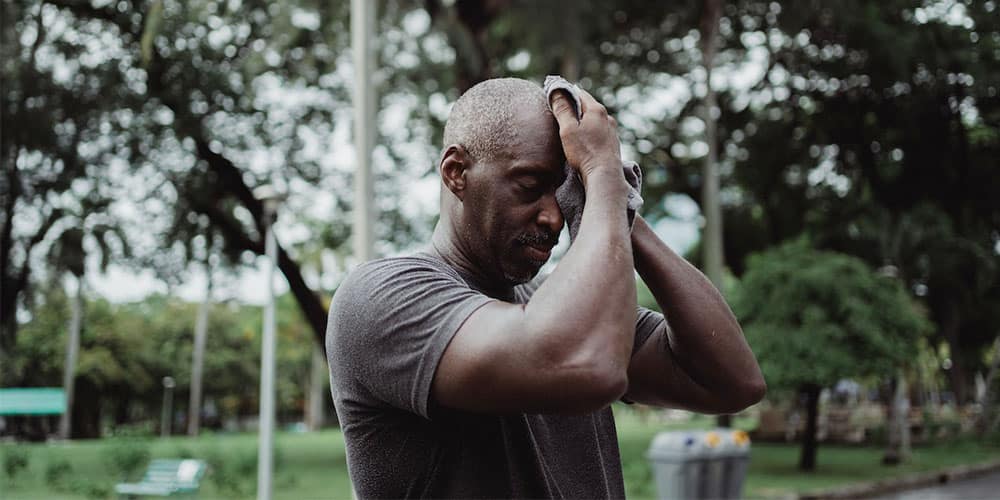When it comes to managing mental health conditions, Zoloft (sertraline) has become a widely prescribed medication. While it can offer significant relief, it’s crucial to be aware of potential side effects that might accompany its benefits. These side effects, which range from common to less frequent, can affect various aspects of your well-being.
In this article, we’ll take a close look at all the different things that can happen to your body when you take Zoloft. We’ll explain everything in simple words, so you can understand what might happen and make smart choices about your mental health.












